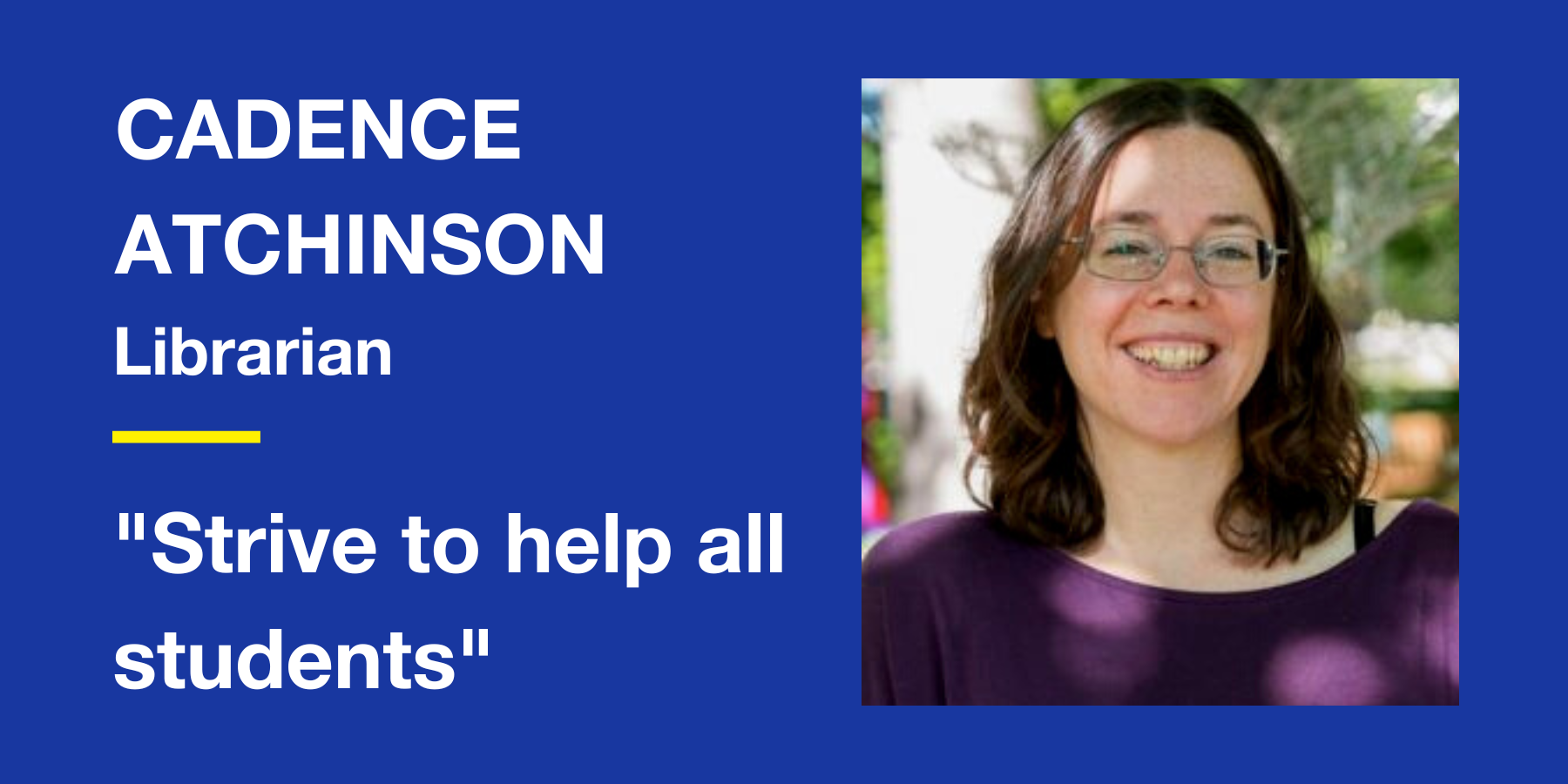The University of New England is a health sciences institution grounded in the liberal arts. The university covers two campuses on coastal Maine: one in Biddeford, and one in Portland (there is also an offshore campus in Tangier, Morocco).
The university also has a robust set of online programs to complement the ones on campus. The distance among the three UNE campuses led the libraries to focus on supplying our audiences with electronic materials. Additionally, the growth of the school’s online programs strengthened this e-materials push — as our aim is provide the best support to all of UNE’s programs.
Outreach to All
The libraries strive to help all students, including those in the lab sciences by providing access and help where needed, on campus or off. Students enrolled in our non-matriculated science prerequisites courses are occasionally taking lab sciences classes remotely. The libraries are helping the lab productivity of science students and researchers by supporting their programs and building resources for easy remote access.
I’m fascinated with setting up online lab science courses that teach remote students. Our academic program director Barbara Fortier is incredibly dedicated to helping her students succeed. This program operates differently, with a rolling admissions process and self-paced course design, which can be a challenge from a student support perspective. It is so inspiring to provide access to geographically distant students, so that they can still master specific important prerequisite course materials.
Supporting Remote Students
Supporting independent learning is a core part of the libraries’ mission statement. We must help support these students, who have the desire to learn and improve. So I, as the UNE libraries’ online research and teaching librarian, am working with the academic program manager and the subject matter experts for these courses. We’re trying to find textbooks and resources to meet their students’ particular needs.
There are lots of variables that go into textbook selection. The idea isn’t just that the textbook cover the appropriate subject matter. In this instance, it also must be available to as many students as possible — ideally, it should be an e-resource with unlimited simultaneous access capabilities. This is because the students are self-paced (when it comes to covering the materials), and begin the course on a rolling basis, so they don’t begin the class uniformly on a set date. Thus, there are a variable number of students accessing materials at any given time.
Offering Full Resource Access
So, to support the program, we need to be capable of offering resource access 24/7/365. Providing appropriate support to these students has been an interesting challenge to address. I am still working with the program to find resources to meet their needs as these change, and as the resources change, too. This helped me get a better understanding of how to support the students. So has building short tutorials to enable students to access library resources as needed, at any time, from any location.
I look forward to continuing to work with this program. As the courses continue, they will be redesigned and tweaked. Hopefully, we can begin to look at adopting open education resources (OERs) where appropriate. And we’ll incorporate more information literacy skills where they fit into the evolving program.

